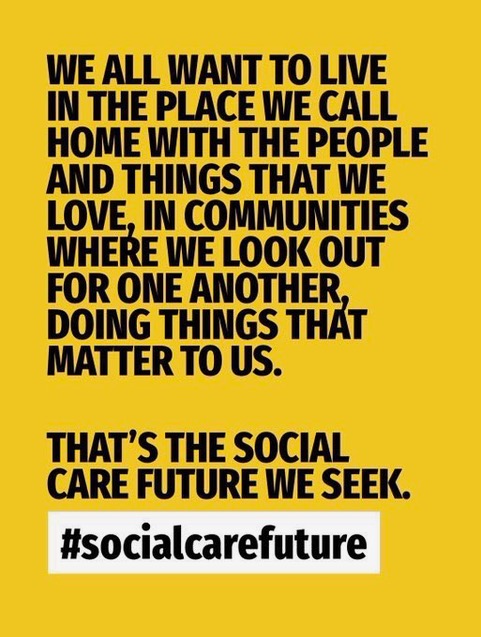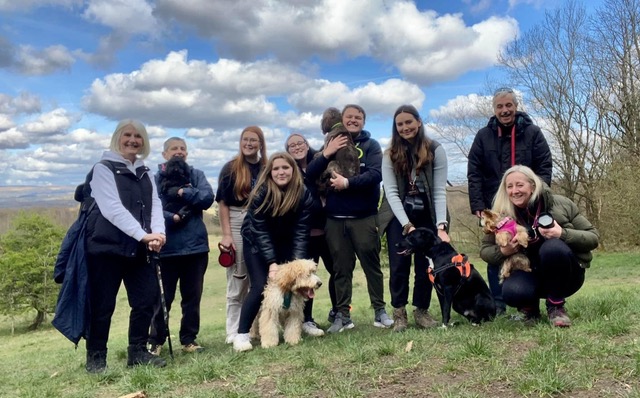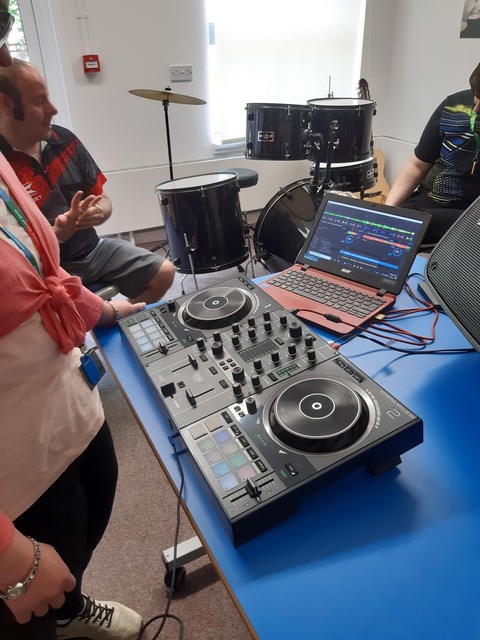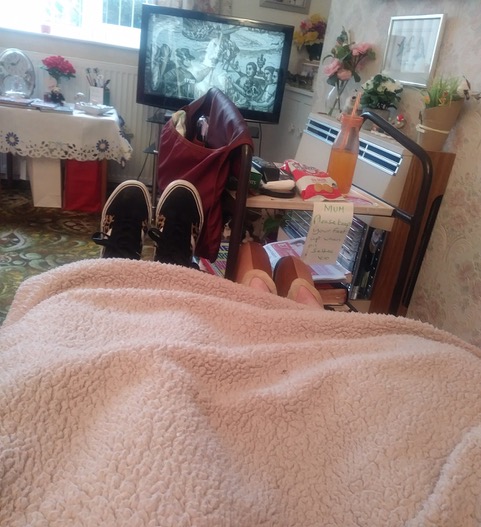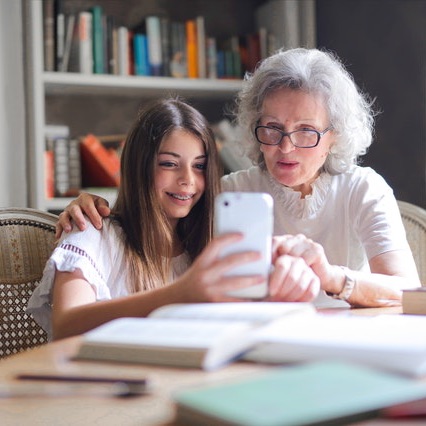At the beginning of 2014 my husband Dave was diagnosed with mild cognitive impairment. We were assured that it wasn’t Alzheimer’s! Four months later it was confirmed that it was. We were devastated. Having come to terms with the potential changes to our lives we decided that nothing needed to change and we should carry on with our retirement plans, to continue with hobbies, contact with friends and particularly with travel.

We visited places all over Britain, Europe and destinations around the world. So far so good. Gradually I began having to take on the organising of these adventures, something Dave had always done. The changes creep up on you when you are not looking.
In early 2018 it became clear that we needed to begin to tell the wider family and close friends about our situation. All responded in a similar way: shock, sadness and offers of help. That was great but where should we start? Though we knew that friends and family wanted to help, how can you ask them to make the level of commitment that might be needed given the challenges involved? And as we discovered, while they wanted to help, they often didn’t know what help was appropriate to offer or how to offer it sensitively.
Fortunately, our son was in contact with Community Circles. In our first meeting with Helen Sanderson, and with some reluctance, we set about identifying the various friends, neighbours and family members who we felt may be willing to help. We then had an initial meeting of the proposed ‘circle’ at our home, facilitated by Helen and Cath Barton, where we shared our situation openly, explained what we want to do with our lives and the challenges we were facing. This was incredibly emotional for us and for those that had come together. Helen then invited the others to ask questions and to consider how they might help or any ideas they had for how we might get past these challenges. We were overwhelmed by their response. The practical solutions people came up with and committed to meant that Dave could continue to enjoy the hobbies, interests and connections he was involved in with the support of the same network, giving me the space and opportunity to do likewise. Sharing our challenges and having this group of people backing us really felt like a weight being lifted.
This support was extremely successful in allowing us to continue living our lives the way we wanted to, as best we could. But of course in March 2020 came Covid-19 and lockdown, disrupting all of our lives. Sadly, while the Circle continued to be a source of remote support during that time, David’s inability to grasp why the restrictions were being imposed and the resulting loss of routine, connection, meaning and purpose saw his health unwind. He died peacefully in hospital, with his family by his side, in September 2020.
Since David died, the circle have continued to support me and my family. Frequent telephone calls to check we are OK, cheery messages and other practical help. The circle has been a lifesaver for me and for Dave it meant that he could spend the last years of his life with caring, loving support from those he was happiest with.
Though there are sources of “official” help out there, nothing could compare with the experiences we enjoyed by having access to a community circle. Familiarity is key for those affected by Alzheimer’s and this undoubtedly meets that need.
Kathryn Crowther

